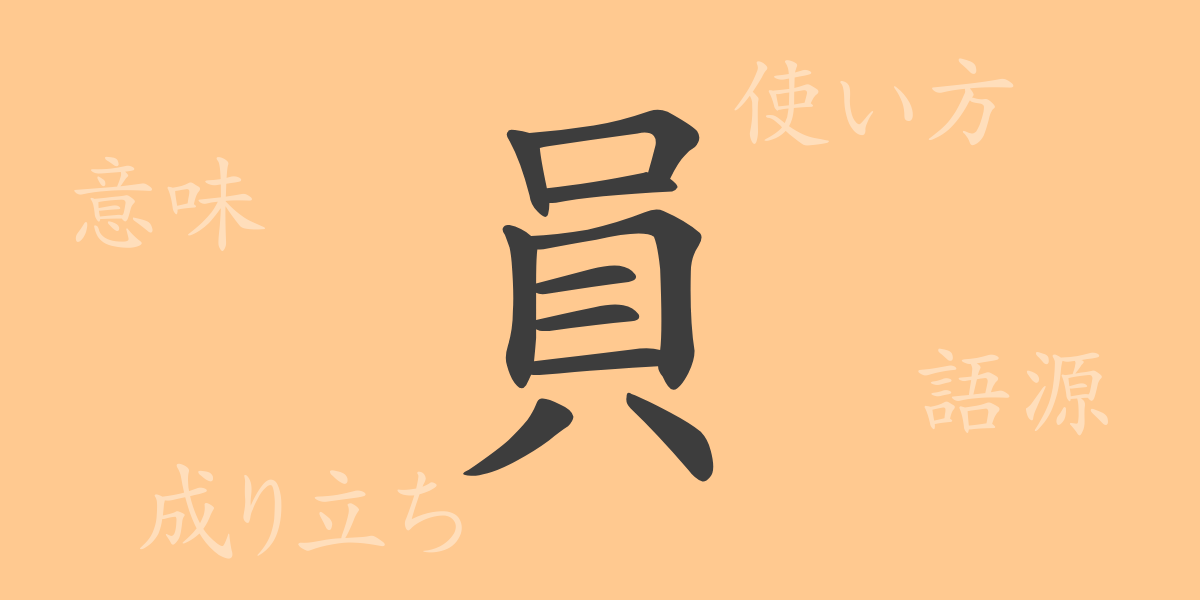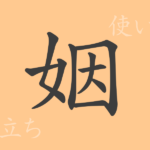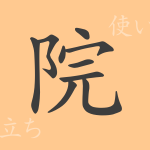“
In the rich world of Japanese expressions, there are various kanji characters. Among them, “”員”” ( In) is an important character that frequently appears in our daily lives and business scenes. In this article, we delve deep into the history, meaning, usage, and role of the kanji “”員”” in Japanese culture.
The Origin of 員 ( In)
The kanji “”員”” originates from the round ancient coins used in ancient China. From this shape, the meanings of “”round object”” and “”complete object”” were born, and it came to have the meaning of “”a part of a group.”” Over time, it was adopted into the Japanese language as a character referring to “”an individual belonging to a group.””
The Meaning and Usage of 員 (in)
In modern Japanese, “”員”” often refers to “”a person who belongs”” or “”an individual who belongs to a certain group.”” It is widely used when referring to people who belong to organizations, groups, or hold specific positions. For example, “”社員”” ( Shain) refers to a person who belongs to a company, “”職員”” (Shokuin) refers to a person who holds a certain position, and “”委員”” (Iin) means a member of a committee.
Reading, Stroke Count, and Radical of 員 ( in)
There are many points to learn from the shape and composition of the kanji “”員””:
- Reading: The on’yomi (Chinese reading) is “”In””. There is no kun’yomi (Japanese reading).
- Stroke Count: It consists of 10 strokes in total.
- Radical: The radical is “”口”” (kuchi), meaning “”mouth.””
Compound Words, Idioms, and Proverbs Using 員 ( in) and Their Meanings
There are numerous compound words and idioms that include “”員,”” each demonstrating the rich expressive power of the Japanese language. For example, “”団体員”” (dantaiin) refers to a person who belongs to a group, and “”店員”” ( tenin) refers to a person who works in a store. Additionally, the word “”一員”” ( ichiin) is used to humbly refer to oneself as a member of a group. These compound words and idioms are essential elements for expressing social roles and duties.
Conclusion on 員 ( in)
The kanji “”員”” is an indispensable character for representing people who belong to groups, organizations, or teams. Its usage is extremely diverse and occupies an important position in Japanese society and culture. Not only in the business world but also in daily life, there are many opportunities to encounter “”員,”” and its presence remains strong in our language.
“

























